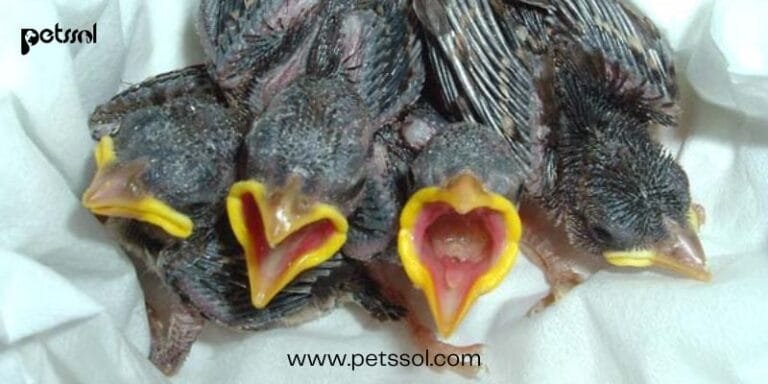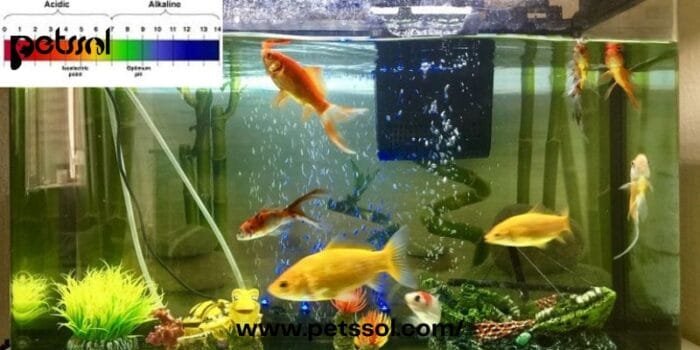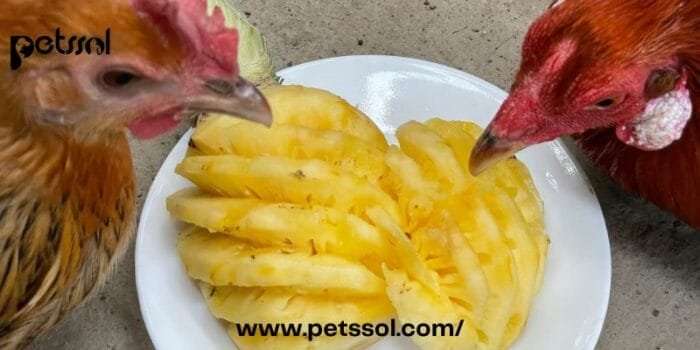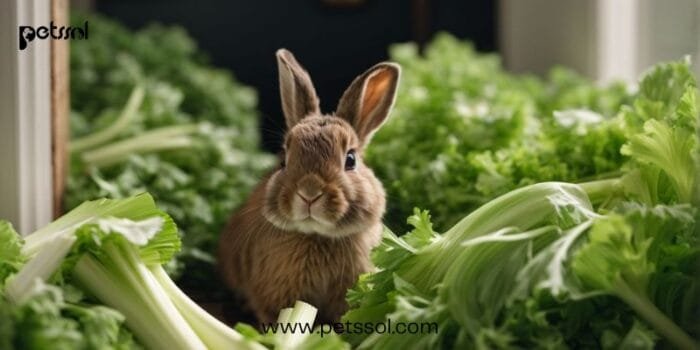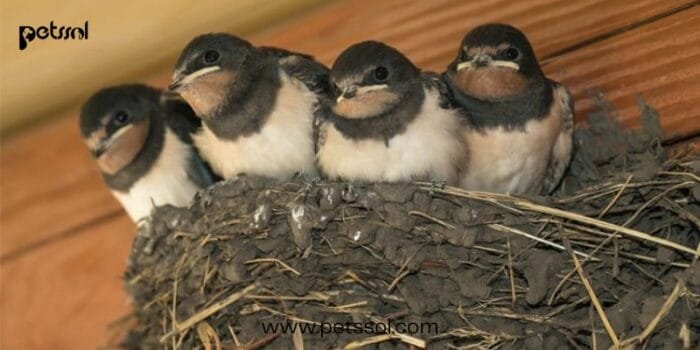What Is a Baby Bird’s Package? A baby bird’s package includes all the essential items and care tips that help new bird parents provide the best environment for their baby bird. This package focuses on making sure your bird grows healthy, strong, and happy. Whether you’re raising a bird for the first time or have experience, it’s important to understand the basics of what your baby bird needs.
From food to health care, each part of this package plays a key role in your bird’s development. Let’s dive into what a baby bird’s package should include and how you can provide the best care for your feathered friend.
Table of Contents
ToggleWhat Does a Baby Bird’s Package Include?
Every bird parent should know that taking care of a baby bird requires proper planning. Here’s what you need to know about the items and practices involved.
-
Food and Feeding Supplies
The most important part of a baby bird’s package is its food. Baby birds need special food because their digestive systems are still developing. The food you give them should have all the nutrients they need to grow strong and healthy.
Most pet stores sell baby bird food, which is soft and easy for them to eat. You’ll need to feed your baby bird several times a day, especially in the early stages. Using a syringe or dropper is the most common way to feed baby birds since it ensures you give the right amount of food.
Types of Feeding Supplies:
- Syringes or Droppers: These are used to hand-feed the bird and make sure they get the correct portion.
- Baby Bird Formula: Special food that is soft, nutrient-rich, and easy to digest.
- Feeding Schedule: Baby birds need to eat every few hours, so maintaining a schedule is important for their health.
Keeping your baby bird well-fed is the first step in ensuring they grow properly. Missing a feeding could affect their growth, so it’s important to stick to a routine.
-
Health Care and Supplements
In addition to food, baby birds often need health supplements to grow strong bones and feathers. These supplements provide extra nutrients that may not be present in their food.
Common Health Supplements:
- Calcium: Helps with the development of strong bones.
- Vitamins A and D: Supports healthy growth and boosts the immune system.
Regular visits to an avian vet (a vet who specializes in birds) are essential. Vets can check for any early signs of illness and ensure your baby bird is on track for healthy growth. If you notice any unusual behavior, such as the bird being overly tired or not eating properly, take them to the vet right away.
-
Setting Up a Safe Habitat
Creating a comfortable and safe living space for your baby bird is key to their happiness. Birds need a clean, warm, and secure place where they can rest, eat, and play. Setting up the right habitat ensures your bird feels at home and grows in a healthy environment.
Key Items for a Baby Bird’s Habitat:
- Cage or Brooder: This is where your bird will live. Make sure it’s big enough for them to move around comfortably and has proper ventilation.
- Bedding: Use soft bedding so that the baby bird can rest comfortably. This prevents injury and keeps them warm.
- Perches: Birds love to perch, so it’s important to have small, soft perches for them to sit on.
Keeping the habitat warm is especially important because baby birds cannot regulate their body temperature like adult birds. You may need to use a heat lamp to maintain the right temperature, especially during the first few weeks.

-
Grooming and Hygiene
Just like any pet, baby birds need proper grooming and hygiene to stay healthy. Regular cleaning of their habitat is crucial to prevent the growth of bacteria, which can cause illness.
Grooming Tools for Baby Birds:
- Bird-Safe Disinfectant: Used to clean the cage or brooder regularly.
- Nail Clippers: As the baby bird grows, their nails may need to be trimmed to prevent injury.
- Misting Bottle: Birds enjoy a light misting of water to clean their feathers and keep them hydrated.
Maintaining a clean living space is one of the simplest ways to keep your bird healthy. Cleaning the cage or brooder daily ensures that your bird won’t be exposed to harmful bacteria or parasites.
-
Socialization and Interaction
Baby birds, like all pets, need love and attention from their caregivers. Proper socialization helps the bird become more comfortable around people and other animals. Early bonding also helps to build trust between you and your pet.
Ways to Socialize Your Baby Bird:
- Gentle Interaction: Spend time near your bird and talk to them in a calm voice. Avoid loud noises or sudden movements, as this can scare them.
- Toys and Treats: Provide toys and treats to keep your bird entertained. Playing with toys helps them develop their motor skills, while treats reward positive behavior.
Spending time with your bird regularly will help them become familiar with you. This is especially important for baby birds, as early interaction helps them adjust to their new surroundings and feel safe.
-
Monitoring Your Bird’s Growth
Keeping track of your baby bird’s growth is essential to ensure they are developing properly. Pay close attention to their weight, feeding habits, and physical appearance. If you notice any sudden changes, such as loss of appetite or feather loss, it may be a sign of illness.
How to Monitor Your Bird:
- Regular Weighing: Weigh your bird regularly to ensure they are gaining weight at a healthy rate.
- Observation: Watch how your bird behaves, eats, and interacts with you. Any sudden changes may require a vet visit.
- Feather Development: As your bird grows, their feathers will develop. Keep an eye on feather health, as changes may indicate nutritional deficiencies.
Table: Essential Components of a Baby Bird’s Package
| Component | Purpose | Importance |
| Nutritional Supplies | Syringe, dropper, and soft food formula | Ensures proper nutrition and growth |
| Health Supplements | Vitamins like A, D, and calcium | Supports healthy bones and immune function |
| Safe Habitat | Cage or brooder with proper heating and soft bedding | Provides a secure environment for comfort and growth |
| Grooming Tools | Nail clippers, disinfectant, and misting bottle | Maintains hygiene and prevents infections |
| Socialization Tools | Toys, treats, and gentle human interaction | Helps the bird bond and develop trust |
| Growth Monitoring | Regular weighing, observation, and feather development | Tracks health and development, detects issues early |

FAQs
-
What do I feed a baby bird?
Baby birds require special food that is soft and full of essential nutrients. You can buy baby bird formula from pet stores. Hand-feeding the bird with a syringe or dropper is the easiest way to ensure they get the right amount of food.
-
How often should I feed a baby bird?
Baby birds need to be fed every few hours, depending on their age and size. For newborn birds, this can mean feeding every 3 to 4 hours. As they grow, you can gradually reduce the frequency of feedings.
-
What is the ideal temperature for a baby bird?
A baby bird’s environment should be kept warm, usually between 95°F and 100°F. You can use a heat lamp to maintain the temperature, especially in the first few weeks. Make sure the temperature is adjusted as the bird grows and develops feathers.
-
How do I keep my baby bird’s cage clean?
Clean your baby bird’s cage or brooder daily to prevent bacteria buildup. Use a bird-safe disinfectant and change the bedding regularly. Cleanliness is key to keeping your bird healthy and free from infections.
-
When should I take my baby bird to the vet?
It’s a good idea to take your baby bird to the vet shortly after bringing them home for a check-up. Regular vet visits are important for monitoring their health. If you notice any changes in behavior or appetite, contact a vet right away.
-
Do baby birds need supplements?
Yes, baby birds often need additional supplements like calcium and vitamins A and D to ensure they grow strong bones and feathers. Talk to your avian vet before adding any supplements to their diet.
-
How can I socialize my baby bird?
Socializing a baby bird is easy if you start early. Spend time near your bird, talk to them calmly, and offer toys and treats. Gentle interaction will help them get comfortable with you and their surroundings.
At Petssol, we provide expert advice on pet care and health. Follow our guide to give your baby bird the best possible care as they grow into a healthy adult.

